Langreview English Version Fakten & Credits
When Eve knowingly defied God’s only clear prohibition and decided on the so-called Fall by eating the forbidden fruit from the Tree of Knowledge, this is the birth of original sin. Even though the theological teaching of the Bible does not speak of every human being being being born a sinner, but instead being held accountable exclusively for his or her personal sins, the doctrine of original sin finds great favour within the Church many years later. Whoever begets a child in an act of lust passes on the sins of humanity to it – and with them guilt and damnation! Only baptism promises redemption. Don’t worry, this is not meant to be an analytical excursion into the biblical scriptures or an advocacy for the Christian faith, but serves solely to situate the events in Alex Garland’s synapse-straining horror tale MEN. The Elevated Horror, produced by A24, uses all kinds of biblical motifs, such as the Fall of Man, to spin off a bitter reckoning with patriarchal structures and the institution of the church.
This is what it is all about
Harper (Jessie Buckley) has just come out of a messy break-up, the unexpectedly terrible consequences of which are taking their toll on the young woman. A holiday just for her in rural England is supposed to give her new strength and peace. But shortly after her arrival at the spacious country house of the owner Geoffrey (Rory Kinnear), she encounters a naked man (also: Rory Kinnear) during a leisurely walk in the countryside, who later lies in wait for her in her garden. The local police are quickly on the scene and provide Harper with a safe retreat, but the other male villagers (all embodied by Rory Kinnear) also behave increasingly strangely until the situation finally turns into a real nightmare!
Review
In his book „The Story of Adam and Eve“, US literary scholar Stephan Greenblatt calls the story of the Fall „mankind’s most powerful myth“ – I call it the source of stigmatisation of women! The eating of the forbidden fruit by Eve, the first woman – and not Adam, for instance, can easily be interpreted as the origin of guilt by a woman, even without a doctorate. When Alex Garland has Harper pluck a juicy apple from the far too green garden as soon as she arrives at her holiday home, this is the first of many, sometimes more, sometimes less subtle metaphors that hint at the kind of story he wants to tell in MEN. The visual language finds its way into the decelerated horror drama down to the smallest detail and makes it the kind of film that invites you on an extensive odyssey through the digital search engines after viewing. But that doesn’t mean MEN overwhelms its audience. Garland’s motifs are always comprehensible, in places even a little too on-the-nose and often not very subtle in the metaphorical imagery – and yet, during subsequent research, one will come across many details that went unnoticed during the initial viewing.
Above all, there is toxic masculinity! As Harper attempts to come to terms with a related traumatising blow of fate after escaping her manipulative relationship, the process of coping and dealing with the issue of guilt also finds its place visually on screen. The mysterious incidents are always accompanied by their interactions with the characters, all embodied by Rory Kinnear, whose face adorns the countenance of every male inhabitant of the village – whether adult male or half-strong schoolboy. It is precisely the creation of a deliberately provoked „Uncanny Valley“ effect, when Kinnear’s face mingles completely inorganically with the body of a boy, that creates great unease and underlines the carefully constructed, unreal mood. Apart from the overshadowing criticism of patriarchal structures, MEN also knows how to convince on the tonal level of a horror film with cleverly used moments of shock.
A surreal nightmare with a WTF finale
The horror aspect should not go unmentioned among all the metaphor, but in direct comparison it is almost secondary. Garland knows exactly how to create a hypnotic effect with subtle means and wrap the audience in a comforting shivering robe. The spherical score is usually accompanied by haunting choral vocals and creates an atmospheric ambience. The slow-burner doesn’t need any jump scares to create an oppressive mood and relies entirely on the effect of its images and sounds before the audience suddenly finds itself in a surreal nightmare with a gigantic WTF moment in the finale. When, out of nowhere, genuine body horror and the complex variety of narrative themes merge, the circle closes and the subtext of the content manifests itself in a grotesque scenario that you don’t see every day. As long as the structures of toxic masculinity are not broken, the patriarchal value system remains one that is passed on from generation to generation. Toxic men as the product of toxic men – and above all the distorted image of women’s guilt. A message that is once again taken completely ad absurdum with the wacky finale. Delightful!
 Conclusion
Conclusion
Man, man, man, what a mindfuck! In Alex Garland’s third directorial effort, a traumatised woman gets the full brunt of toxic masculinity. Since the atmospheric horror drama relies for a long time on subtle creepiness instead of overflowing shock moments, the brilliant WTF finale comes as all the more of a surprise and nests in the mind long after the credits have rolled. The ever-present metaphorical elements will also have a lasting effect, making MEN a very special film experience.
How did you like the movie?


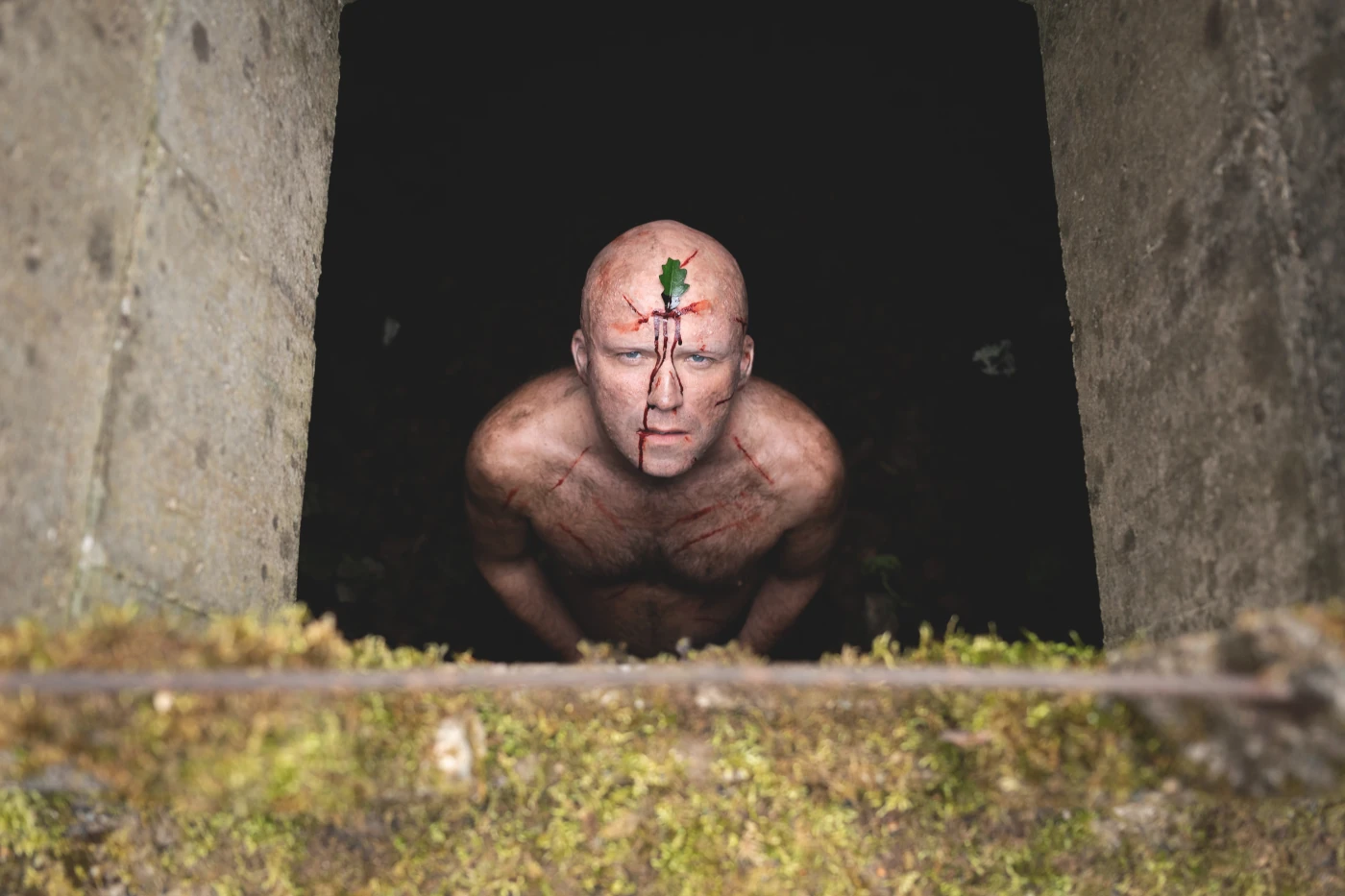
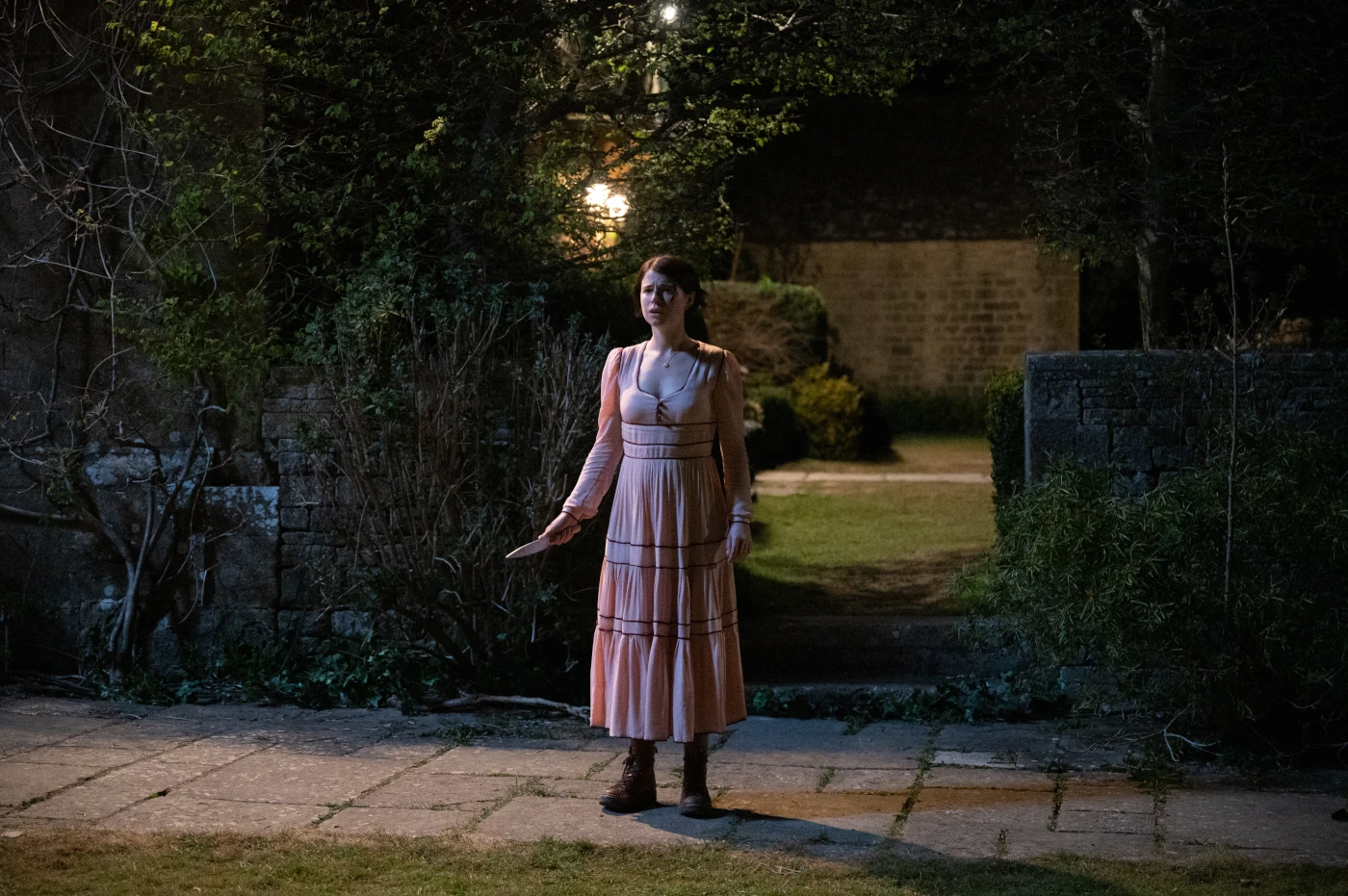
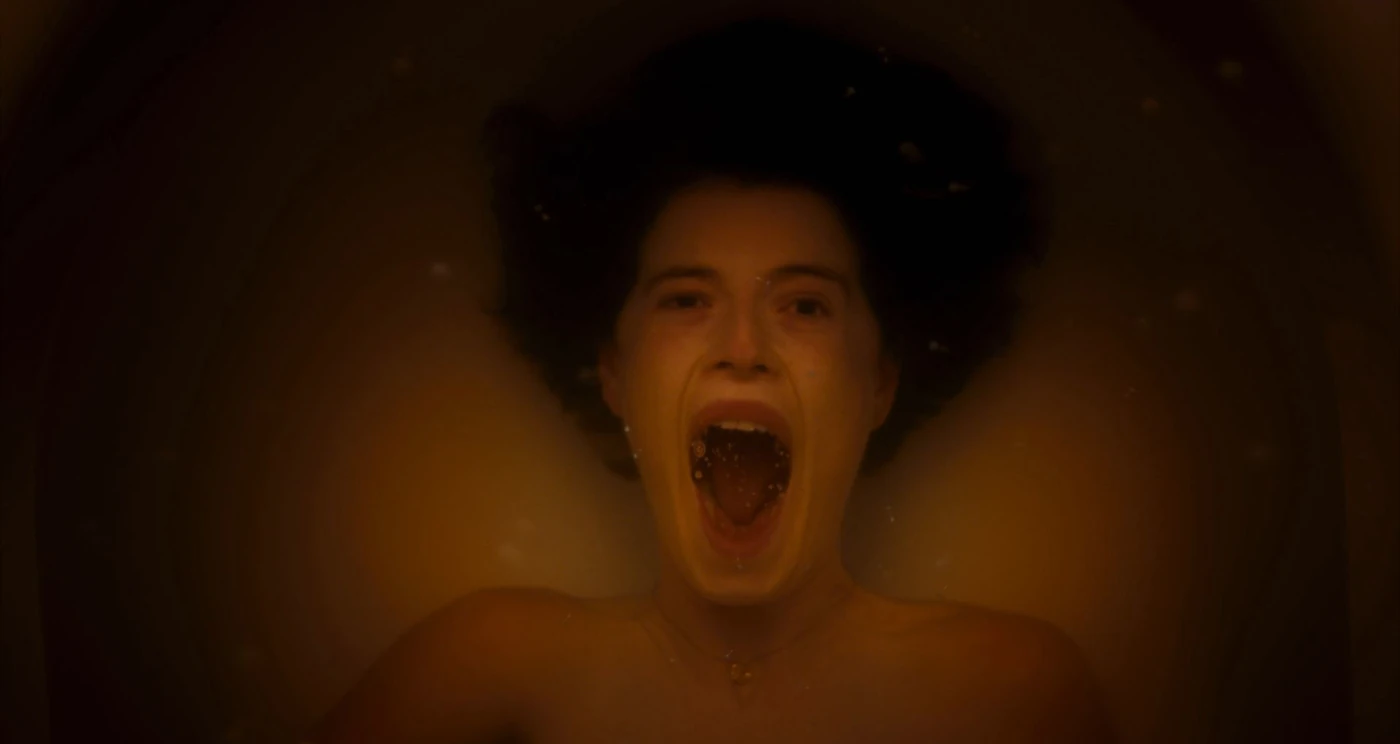
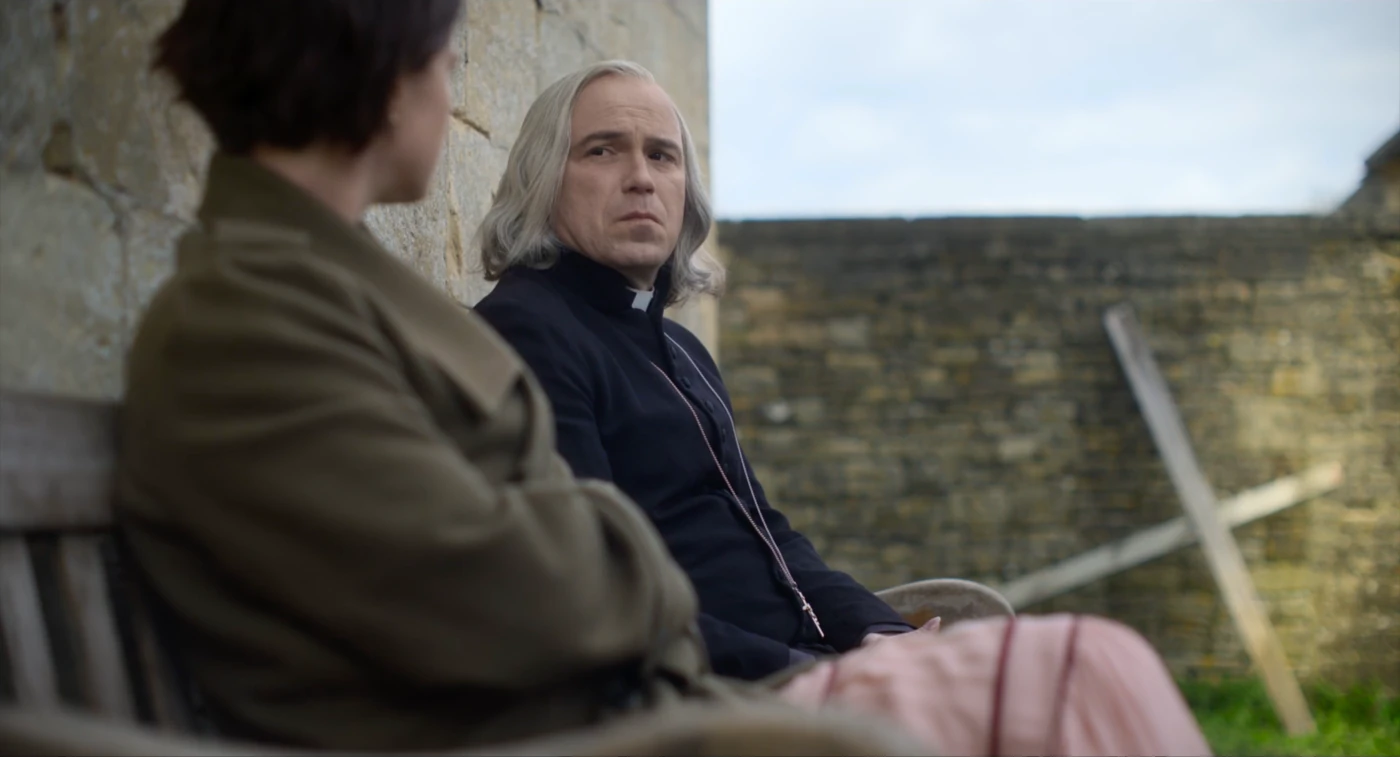



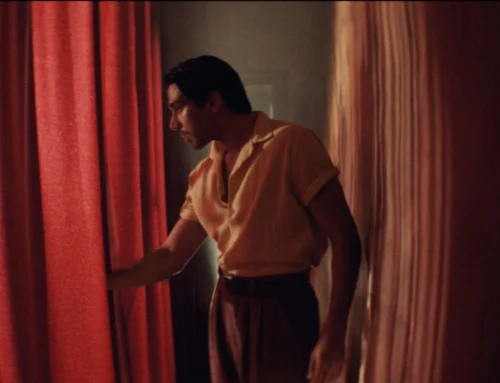
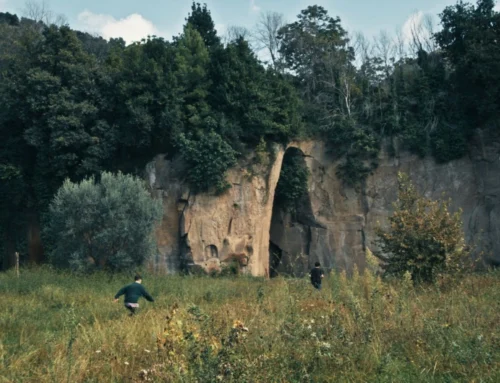
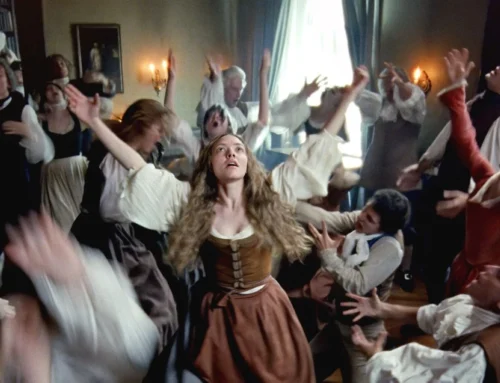

Hinterlasse einen Kommentar